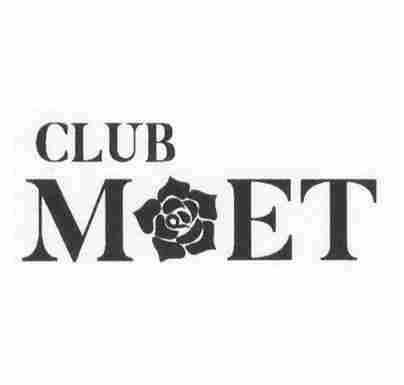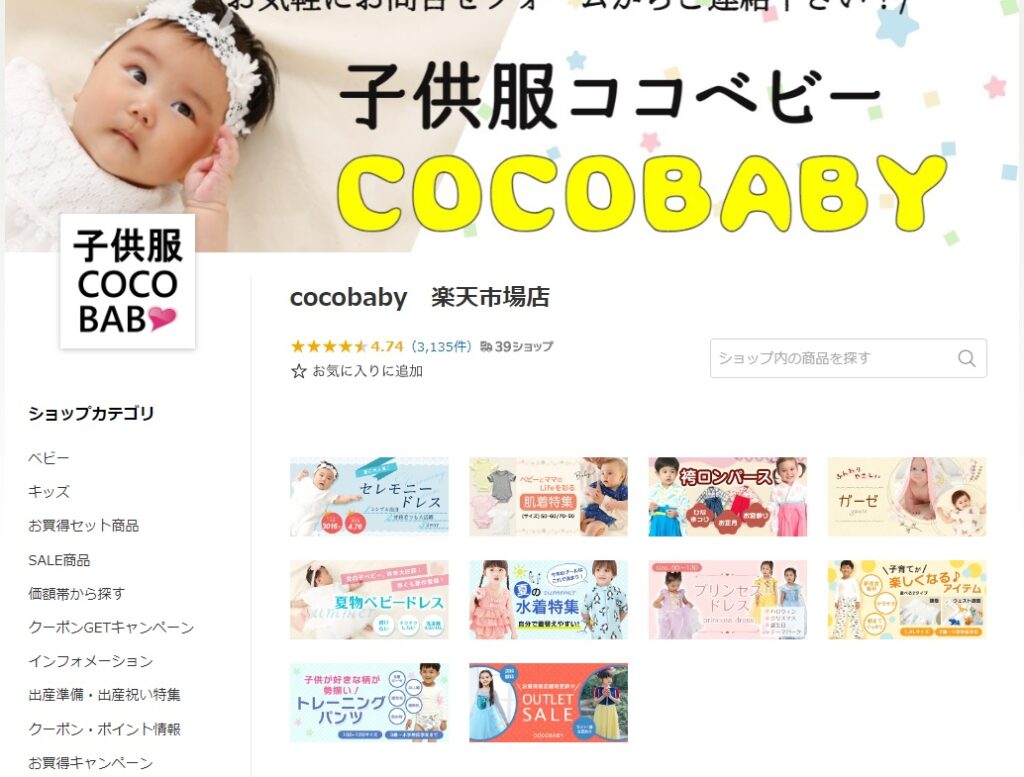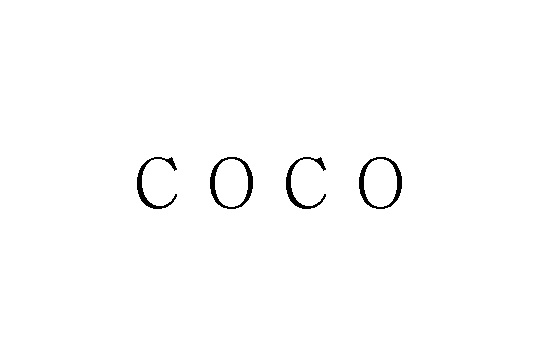The Japan Patent Office (JPO) did not side with Google LLC in an opposition against TM Reg no. 6715471 for wordmark “Fitbeing” in class 14 by finding dissimilarity to and unlikelihood of confusion with “Fitbit” wearable devices.
[Opposition case no. 2023-900195, decided on June 28, 2024]
“Fitbeing”
Wordmark “Fiteing” was applied for registration in relation to “clocks and watches; watch bands and straps; stopwatches; watch cases [parts of watches]; clocks and watches, electric; chronometric instruments; presentation boxes for watches” in class 14 by a Chinese company with the JPO on January 4, 2023 (TM App no. 2023-172).
The JPO examiner did not issue an office action to the mark and granted protection on June 28, 2023. Subsequently, the mark was published for post-grant opposition on July 18, 2023.
Opposition by Google LLC
To oppose registration within a statutory period of two months counting from the publication date, Google LLC filed an opposition against the opposed mark on August 31, 2023.
Google argued the opposed mark shall be canceled in contravention of Article 4(1)(xi) and (xv) of the Japan Trademark Law by citing earlier trademark registrations for the wordmark “FITBIT” that has allegedly become famous as a source indication of Google’s wearable devices.
Google argued that due to the same spelling that starts with “FITB”, relevant consumers with an ordinary care would consider the opposed mark “Fitbeing” confusingly similar to the cited mark “FITBIT” from visual, aural and conceptual points of view.
By taking int consideration the high degree of reputation and popularity of the mark “FITBIT”, it is likely that the consumers would confuse a source of goods in question bearing the opposed mark with Google or their devices.
JPO decision
The JPO Opposition Board found that, considering the evidence submitted, the mark “FITBIT” has not been widely recognized among the consumers to indicate Google’s wearable devices even if some of them may have known.
Secondly, the Board assessed the similarity of marks and states:
- Comparing the marks “Fitbeing” and “FITBIT” visually, although they have the same initial letter “Fitb (FITB)”, there is a clear difference in the endings “ing” and “IT” and the number of letters is different from 8 to 6. Therefore, the two marks are visually different.
- As regards pronunciation, although both marks have the same initial sound ‘fitbi’, they differ in the ending ‘-ing’ and ‘it’ and the number of sounds is not as long (8 and 6 sounds). This difference would make a meaningful difference in the overall pronunciation.
- The conceptual comparison is not possible because both marks have no meaning.
- Accordingly, the Board has reason to believe that both marks are dissimilar and unlikely to cause confusion, taking into account the overall consideration as well as the impressions, memories, associations of the consumers.
In light of the foregoing, the Board dismissed the entire opposition and granted status quo protection to the mark “Fitbeing” in class 14.












